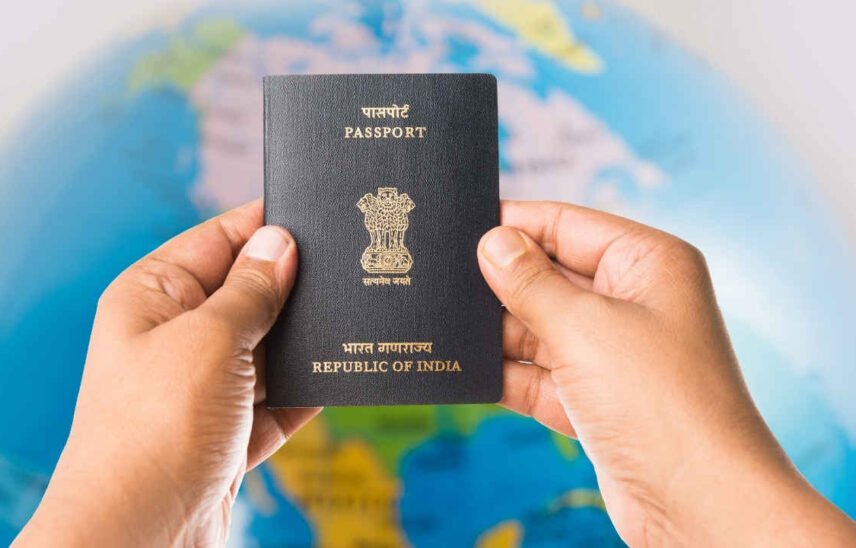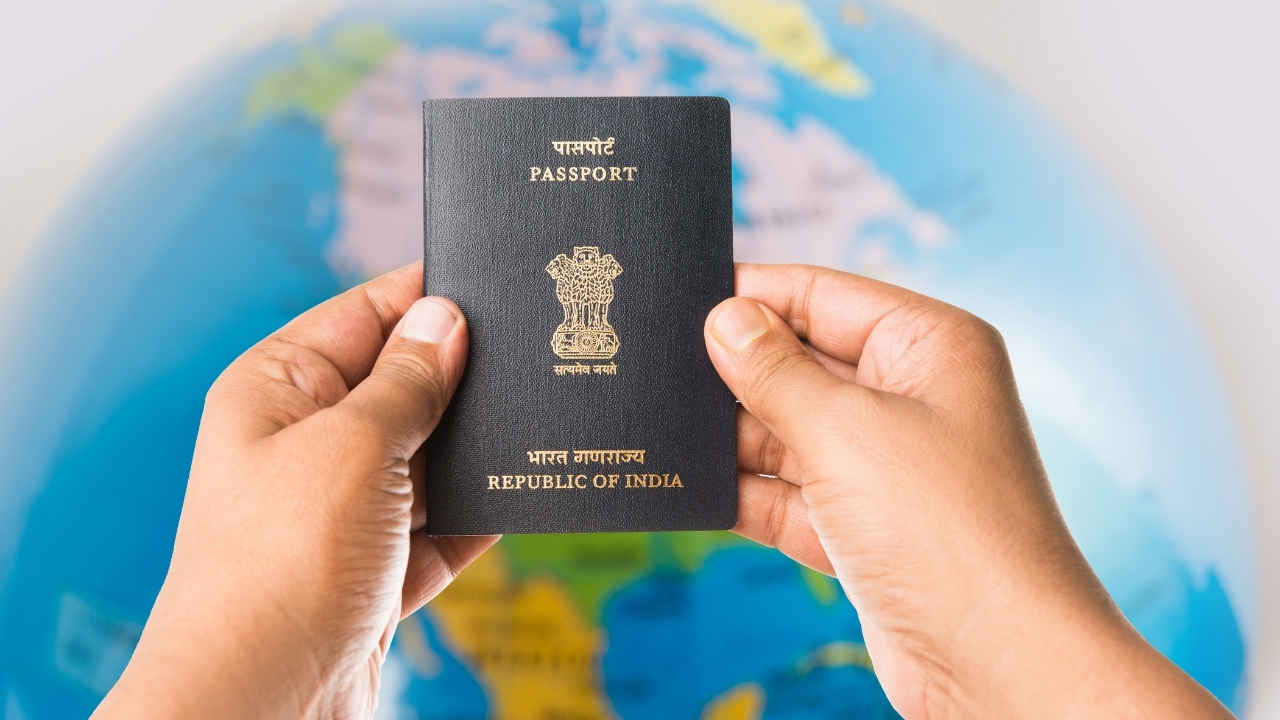
- Home
- Managed Services
- Cyber Security
- Blog
- About Us

We 365 Admin Support, just simplify your IT problems
Call for a free support. +91 96666 59505Platform Partnership
- Who We Help
- Shop
- Contact
- News






HIGHLIGHTS
Table of Contents
ToggleThe Government of India has launched a state-of-the-art chip-based e-passport aimed at boosting security measures and preventing data duplication risks associated with traditional passports. This innovative passport includes an advanced Radio Frequency Identification (RFID) chip, which is embedded within the traditional paper passport. The initiative, part of the Passport Seva Programme, was officially launched on April 1, 2024, and the e-passports are currently being issued in select cities. According to the Ministry of External Affairs, plans are in place to expand access nationwide in the near future.
At present, regional Passport Offices in cities such as Nagpur, Bhubaneswar, Jammu, Goa, Shimla, Raipur, Amritsar, Jaipur, Chennai, Hyderabad, Surat, and Ranchi have been authorized to issue e-passports to Indian citizens. This article covers everything you need to be aware of regarding the newly launched Indian e-passport.
The newly implemented e-passports come equipped with an integrated antenna and RFID chip encapsulated within a specialized inlay on the physical passport booklet. This can be recognized by a distinctive gold-colored symbol printed beneath the cover.
These e-passports will not only include the passport holder’s personal data—such as full name, date of birth, and passport number—but will also securely store biometric information, including facial images and fingerprints. The data contained within the e-passport is encrypted and protected by global security protocols, including Basic Access Control (BAC), Passive Authentication (PA), and Extended Access Control (EAC). These security measures enhance the integrity of the data and expedite immigration checks by eliminating the need for manual verification.
It is noteworthy that more than 120 countries, including the United States, Canada, Brazil, Italy, Mexico, and France, have already adopted e-passports as part of their travel documentation systems.
Also read: Apple set to unveil accessibility features later this year
Currently, holders of valid passports are not required to exchange their existing documents for e-passports. All government-issued passports will continue to remain valid until their respective expiry dates.
The application process for obtaining an e-passport is quite similar to that of a regular passport. Applicants are required to complete the application form available on the Passport Seva Portal. Subsequently, they can schedule an appointment at their nearest Passport Seva Kendra (PSK) or Post Office Passport Seva Kendra (POPSK) for further verification.